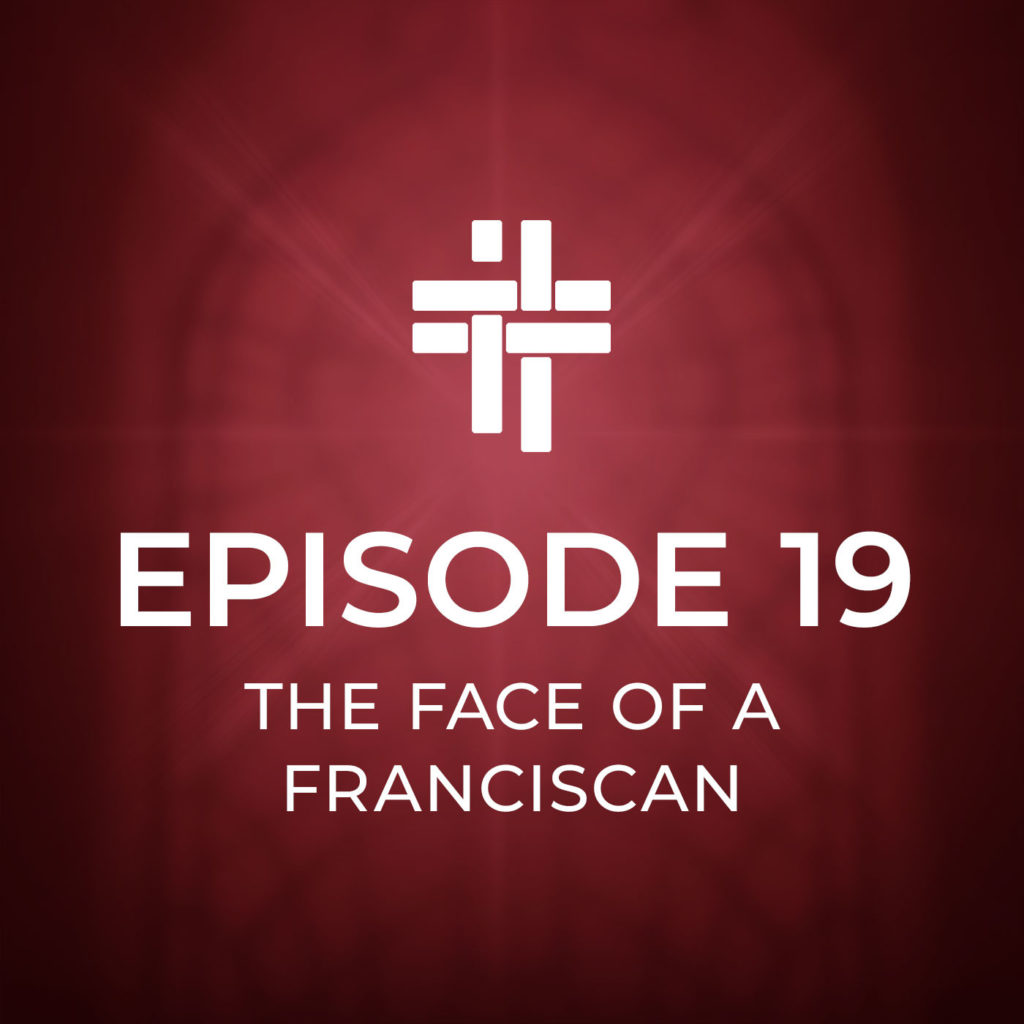Face Work consists of helping parties honor each other’s need to be admired, appreciated, and valued. Mediators must constantly help parties Protect Face, Save Face, or Restore Face. Faith-based mediation takes Face Work a step further. Friar Bodo explains: “The Franciscan charism is to reveal to the world its essentially good and holy face.” When we give this gift of Divine Face, we impart new vitality to our Face Work.


